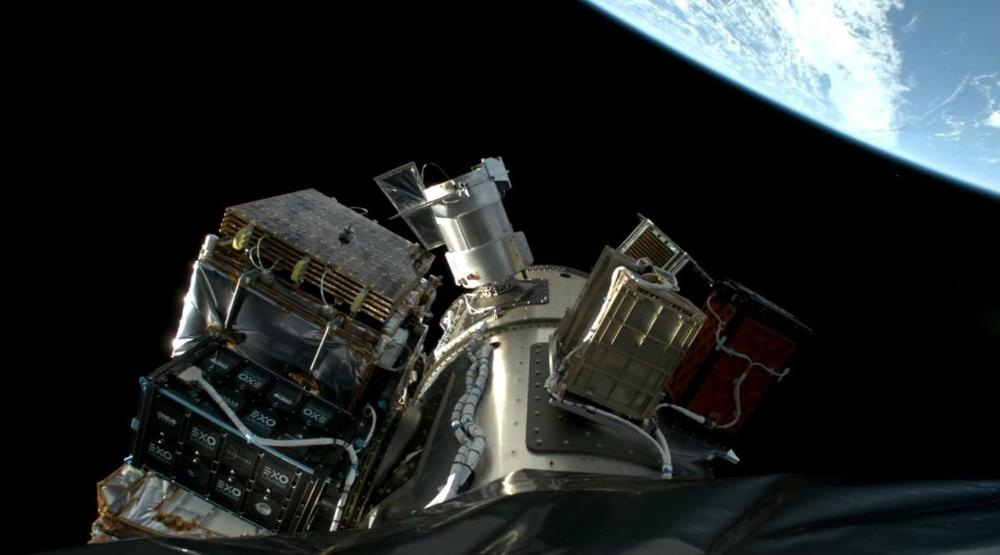Spacecoin says it reached a new milestone in its quest to build a decentralized communications backbone that could one day rival SpaceX’s Starlink.
The company said this week that it successfully transmitted secured data via its first demonstration satellite, validating the spacecraft’s ability to execute encrypted transactions in orbit.
The blockchain transaction, beamed from Chile to Portugal, served as a proof-of-concept for moving cryptographic signatures and encrypted data through space.
“Can we send cryptographic signatures to space intact? Without it, we cannot build a decentralized network of communications satellites and fulfill the vision of building permissionless connectivity,” Spacecoin founder Tae Oh said in a video posted on X. “That was the main mission of CTC-0, that we launched December 2024 with SpaceX. And today, I’m glad to share that CTC-0 fulfilled its purpose.”
CTC-0, a small satellite built by Endurosat and launched on a Falcon 9 rideshare in December 2024, is the first in a line of prototypes that Spacecoin plans to launch. The next three satellites, collectively called CTC-1, will be slightly larger, followed by even bigger spacecraft to boost performance.
The test comes as Starlink continues to cement its lead in the satellite broadband space. With its vertically integrated launch business, SpaceX has put more than 8,000 satellites in orbit and has already signed on millions of global customers. A handful of competitors, include Amazon’s Kuiper, are also positioning themselves against the company.
But unlike Starlink and other managed broadband networks, Spacecoin’s approach is based on “tokenized access” and decentralization. The company will launch “Starmesh,” an encrypted internet traffic network, that it says will “maintain internet freedom while allowing safe, untraceable browsing and access to decentralized web services.”
Founded in 2022, Oh spun the venture out of Gluwa, a firm he founded that provides financial services to emerging markets. Spacecoin’s internet infrastructure would run on the Creditcoin blockchain, which would let customers pay internet fees and conduct other financial transactions.
“Unlike terrestrial networks, which remain vulnerable to outages, censorship, and cost barriers, a decentralized satellite-based system can deliver internet access that is global, censorship-resistant, and independent of monopolies,” the company said in a statement.

 Una rete di ricarica elettrica europea per gli autobus. La realizzerà Daimler Buses
Una rete di ricarica elettrica europea per gli autobus. La realizzerà Daimler Buses